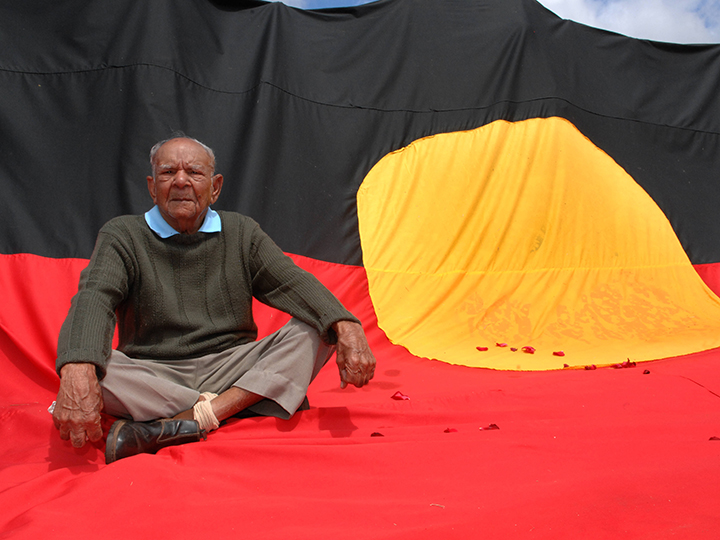Kruger v The Commonwealth of Australia and Bray v The Commonwealth of Australia
For 60,000 years, First Nations peoples have lived on the land now called Australia. The arrival of European settlers had a devastating and irreversible impact on First Nations peoples, who were violently displaced from their traditional lands.
In the Northern Territory, the Australian Government assumed control of First Nations peoples under the Aboriginals Ordinance 1918 and a chief protector was appointed as the legal guardian 'of every aboriginal and of every half-caste child’ until the age of eighteen, regardless of whether the child had any living parents or relatives. Similar ordinances existed throughout the country. The Northern Territory ordinance empowered the chief protector to remove 'any aboriginal or half-caste child' and place them in a reserve or institution, a practice that resulted in what is now known as the Stolen Generation.

These pioneering trials were an important step towards Prime Minister Kevin Rudd's Apology to Australia's Indigenous Peoples in 2008.
Alec Kruger, the son of Yrambul Nungarai, a Mudpurra woman, and Frank Kruger, a man of German and Irish descent, was three years of age in 1928 when he was taken from his mother and institutionalised at the Kahlin Compound. Arrente man George Bray was taken from his family at the age of nine.
In 1994 Arthur Robinson & Hedderwicks agreed to support the North Australian Aboriginal Legal Aid Service in the preparation and conduct of legal proceedings in the High Court of Australia for Alec Kruger, George Bray and seven other plaintiffs from the Stolen Generation.
In the proceedings filed in 1995 it was asserted that the ordinance was invalid because it was not a law for the government of the territories, it infringed the separation of powers doctrine, it breached the express constitutional right to freedom of religion and it infringed a number of implied constitutional rights (including the rights to legal equality, freedom from genocide and freedom of movement and association). Declarations of invalidity were sought, along with damages for wrongful imprisonment at common law. It was the first case of its kind in Australia.
The High Court delivered its judgment in the matter in 1997, upholding the validity of the ordinance.
While the Court did not accept that the ordinance was invalid, the proceedings were significant in highlighting the devastating impact of forced removal on the children, their families and Australia’s First Nations peoples. Though Kruger and Bray were not awarded compensation, these pioneering trials were an important step towards Prime Minister Kevin Rudd's Apology to Australia's Indigenous Peoples in 2008.
The firm continues to undertake pro bono work seeking recompense for members of the Stolen Generation. In 2011 it achieved the first Victorian compensation payment for Neville Austin, who was 15 months old when he was taken into the care of the state. Austin was not even informed of his Indigenous heritage. For the next 16 years his mother fought to have her son returned. Allens Arthur Robinson secured an undisclosed compensation settlement for Austin, as well as a personal letter of apology from the Victorian Government for his mistreatment as a ward of the state and as a member of the Stolen Generation.
For Austin the apology was more significant than the money. His battle through the courts was undertaken 'to vindicate my mum's actions in seeking my return to her care. The settlement represents that vindication'.
